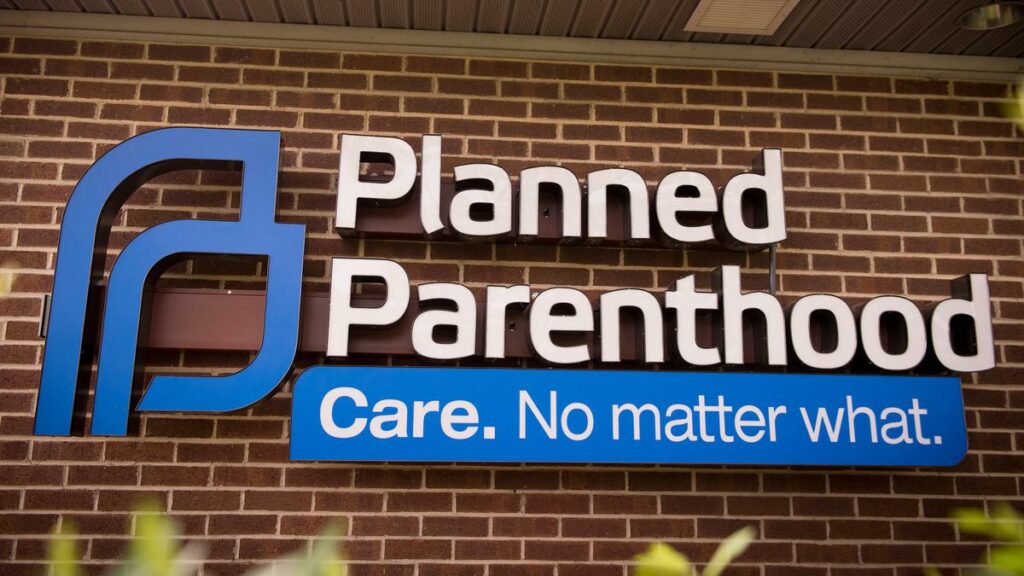Abortion, American Politics
A year after the fall of Roe, Planned Parenthood’s national office braces for significant lay offs
By Jonathon Van Maren
Next month will mark one year since the U.S. Supreme Court overturned Roe v. Wade. The Dobbs decision, as many predicted, brought an escalation in the abortion wars as state-level battles took on enormous significance. The outcomes, for pro-lifers, have been a very mixed bag – but the abortion industry has sustained some real blows over the past year, as well.
For starters, pro-life laws are working. According to a Bloomberg report, Arkansas, Alabama, Idaho, Kentucky, Louisiana, Missouri, Mississippi, Oklahoma, South Dakota, Tennessee, Texas, West Virginia, and Wisconsin, there were only 265 abortions per month from July to December of 2022 – a 96% drop from the abortion rate during April and May. A key reason for this is the fact that the Dobbs decision resulted in the closure of many abortion clinics, and the “average American now lives 275 miles further” away from a clinic.
Data have long shown that the further a woman must travel to procure an abortion, the more likely she is to seek other options, instead. One reason that shutting down abortion facilities has been a key tactic of the pro-life movement is because the evidence from both pro-life and pro-abortion sources indicates that abortion-minded women do not simply find other clinics – many will seek life-affirming options, instead. The closure of more abortion centers post-Dobbs has exacerbated that trend.
Reports that have been affirmed by pro-life statisticians indicate that a minimum of 32,250 fewer abortions were committed in the United States in the six months after Roe fell.
A new report from NPR highlights another significant victory for the pro-life movement. According to top Planned Parenthood officials, the country’s largest abortion provider is now preparing to restructure their national office and “lay off dozens of staff members, with a new focus on helping local affiliates.” Unions have been told to expect layoffs of up to 10 to 20% of the national workforce, or a minimum of 80 people. Union officials stated that Planned Parenthood’s leaders are “pushing out some of our movement’s brightest minds. This comes at a time where reproductive freedom is in jeopardy and when our members are struggling under difficult economic conditions.”









Do they still use the 3% talking point? Asking for a friend.